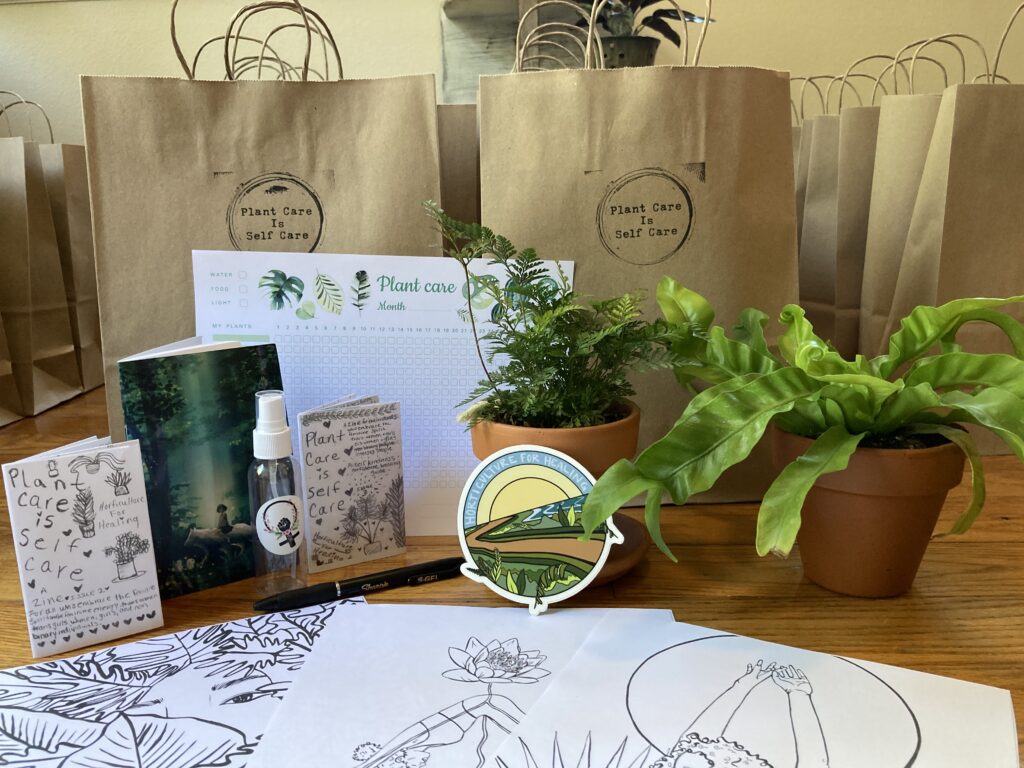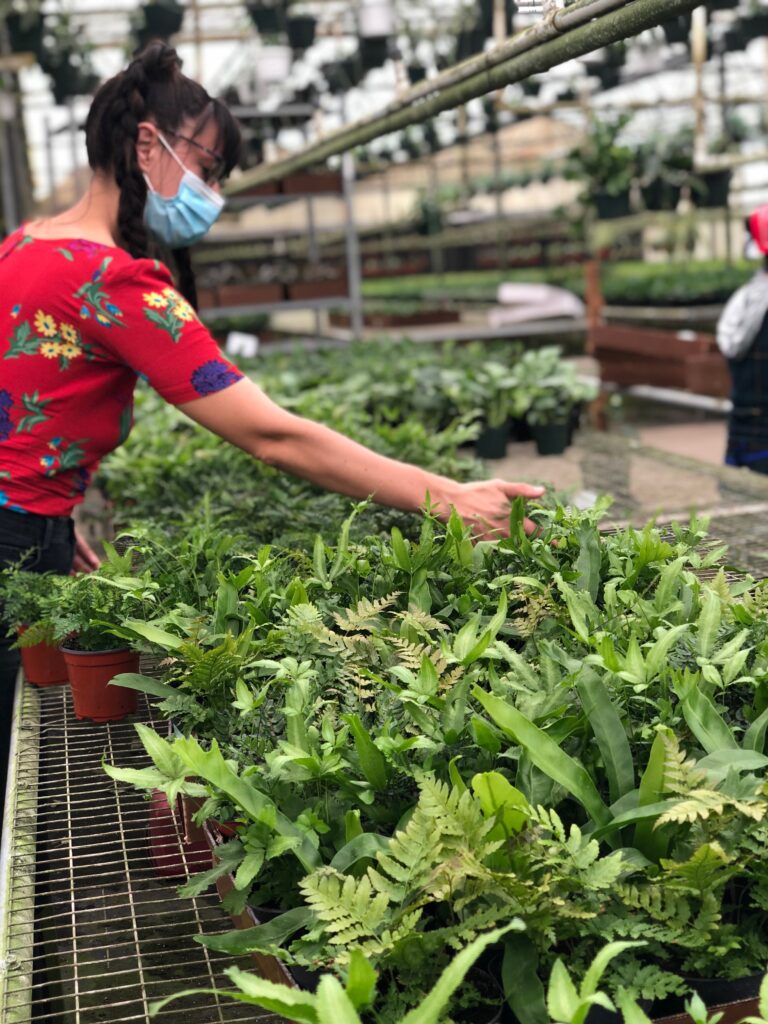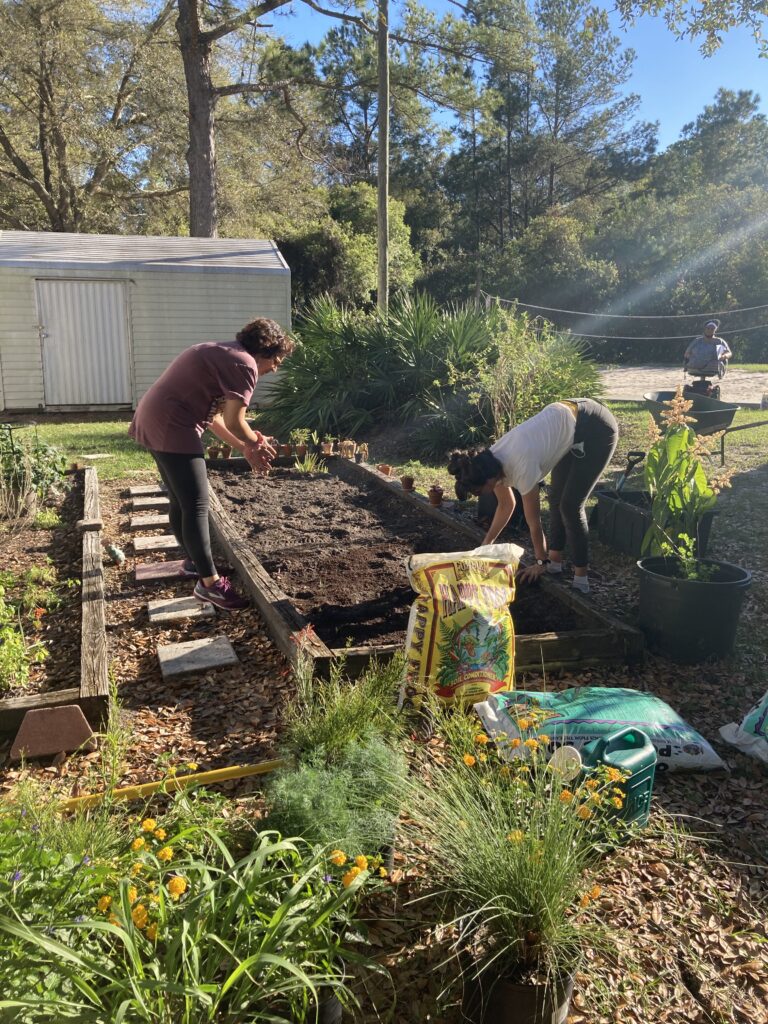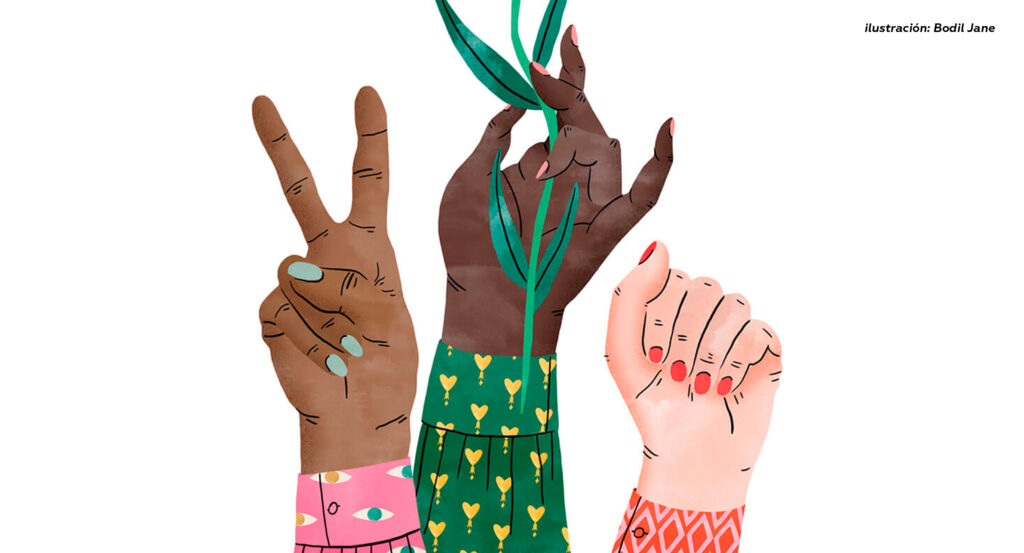How Can I help?
Currently Horticulture for Healing is always in need of financial support to build our Plant Care Is Self Care kits to distribute to centers throughout Florida. Any financial donations will be used to buy supplies for the kits and workshops. We greatly appreciate this! Spreading the word by sharing our website and social media pages is additionally very helpful!
Listed below is an overview of what we will include in the kits that coincide with our Plant Care Is Self Care Workshops. Please see our donation/support page. If you would like to contribute financially.
What we include in our Plant Care Is Self Care kits :
Potted plant and water tray
Zines on plant care and radical self care
Spray bottle
Journal
Writing utensils
Plant care tracker
Various stress relief products (subject to change depending on populations we partner with)
Affirmation
Why does Horticulture For Healing focus on populations within treatment, safe homes and transitional programs ?
Horticulture For Healing is dedicated to ensuring that our impact reaches those within these specific areas of recovery. Our organization evaluates the resources, skills and experiences available in the treatment or transition center to organize and determine the most efficient and equitable way to serve people recovering.
The oppressive societal norms which work against adversities such as substance use disorder, creates additional social anxiety, social isolation, depression and economic challenges for people trying to gain strength, health, autonomy, confidence and overall wellbeing.
Horticulture For Healing recognizes the value of providing alternative creative safe and productive ways to emotionally and physically cope. Therapeutic horticulture sessions in addition to a professional clinical recovery plan can greatly impact the course of an individuals life in recovery.
Folks who participate in this organization are able to use Horticulture For Healing as a creditable personal resource/reference for their resumes, employment and/or educational applications.

Does Horticulture For Healing’s Plant Care Is Self Care program exclude ?
We share, collaborate, and partner with all to contribute to dismantling white supremacy, decolonizing mental health, and stigmas against addiction, mental illness, and recovery though therapeutic horticulture. Anyone who wants to contribute is welcome to join this radical self care support project.
How is Horticulture For Healing sustainable (impacting beyond the initial project)?
We are actively designing a comprehensive online tool: The Horticulture For Healing Template. This template helps users adopt and implement the Horticulture For Healing garden plan, and our At A Distance adaptation, and curriculum at shelters, domestic violence centers, safe homes, alternative high schools, sober homes, halfway houses, and residential addiction treatment residences throughout the country and abroad. This ensures increasing capacity of this project and organization.
For existing projects, The Horticulture For Healing (H4H) Template will be given as a downloadable copy for every rehabilitative environment hosts Horticulture For Healing. This will ensure the longevity of the gardens, At A Distance curriculum, and the organization. The H4H template includes and offers zoom/video mentorship for locations that would possibly like to implement Horticulture For Healing in which we are unable to reach geographically.
This project has an immense positive impact not only on humans but on the relationship between people and plants. We conjure the inherent human/nature connection for individuals in recovery.
What exactly does Horticulture For Healing provide?
We provide custom Plant Care is Self Care kits, therapeutic horticulture workshops, dedicated support through radical self care, plants, and gardens. In person and at a distance activities.
Do I Have to be In Recovery to be apart of Horticulture For Healing?

No! If you are looking to help and support you do not need to be in recovery. If you have a desire to contribute to making horticulture practices available to all and provide creative therapeutic resources for people to have an equitable shot at a sustainable life balance, you can be apart of Horticulture For Healing. Donating supplies, money, volunteering and sharing this organization will help us achieve our goals.
What do the Plant Care Is Self Care Workshops include?
Alongside the garden installation and now the distribution of our Plant Care Is Self Care kits, we provide workshops on plant care and radical self care. We encourage discussion on ways to begin the practice of self care, how to connect to nature when you have limited resources, what it means to connect to nature and become environmentally aware and how to think critically about the world around us so we can speak our truth, learn, and find the time and space needed to heal when in a sometimes very uncomfortable time of rapid change and growth (recovery and healing).
We demonstrate and teach horticulture skills for indoors and out, including but not limited to watering, weeding, transplanting, seed and plant propagation and assessing general plant health. Participants will become knowledgeable in horticulture skills, techniques and access their inherent connection to nature.
Participants can use this experience towards their vocational goals when leaving their treatment center or transitional house.
The result: people who now know that radical self care is found within and can be practiced through the act of caring for a plant and connecting to nature.
What is a raised garden bed?
Raised gardens are wooden, brick, adobe, or a cement box or rectangle raised above ground level to ensure a secure area to grow a wide variety of plants and vegetables in healthy soil. Our raised beds are designed to be easy to use. Garden bed designs can sometimes include a ledge to sit on while weeding and planting, instead of healing to kneel on the ground. Raised beds can be designed for accessibly from ledges, easy to reach beds at waist level for people who may be confined in mobility. The beds include installation of landscape fabric and chicken wire which is made of thin galvanized flexible steel on the ‘floor’ of the bed before putting down soil.

How are raised garden beds sustainable?
Raised beds are sufficient for increased accessibility, improved drainage when soil is not ideal (i.e Florida’s sandy soil), limits soil compacting, helps insect and weed control. The beds are made with non chemically treated natural building material. Raised beds are very good at growing large amounts of plants with little water since the recommended means of growing in raised beds is by area, as opposed to rows.
What kind of plants will grow?
Horticulture for Healing’s raised garden beds will grow a variety of herbs and native plants that thrive in Florida’s climate (see plant list page for more info). The beds will also be home for pollinator plants including native Florida milkweed (swamp milkweed) the Florida Firecracker, and Florida Portweed. These essential plants attract a wide variety of insects including native bees, butterflies, and act as host plants for caterpillars.
